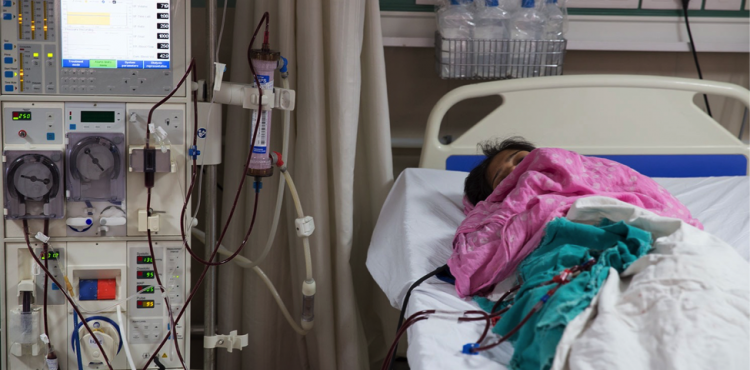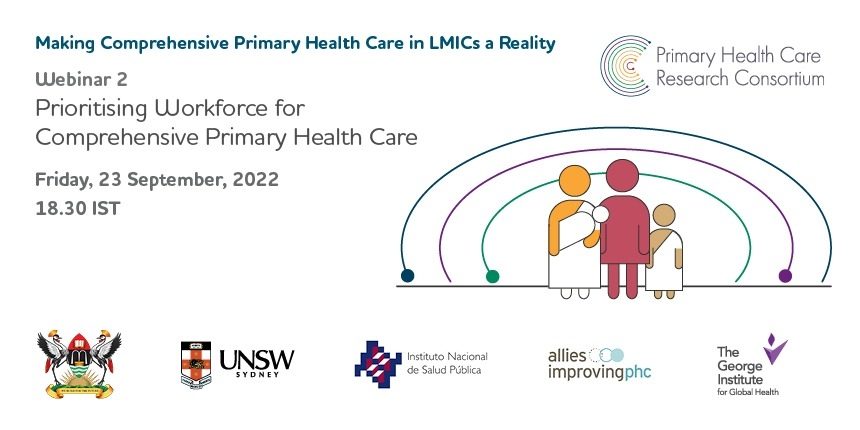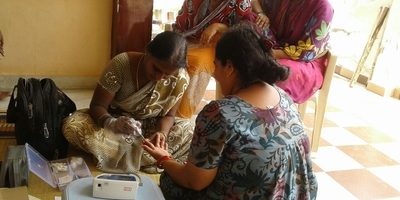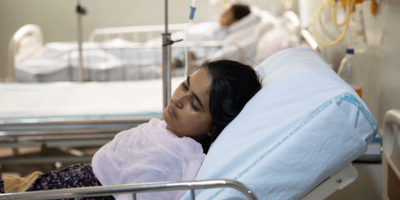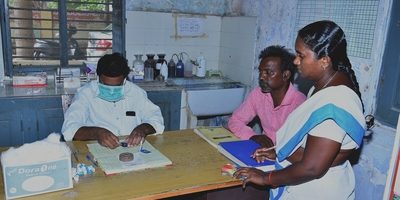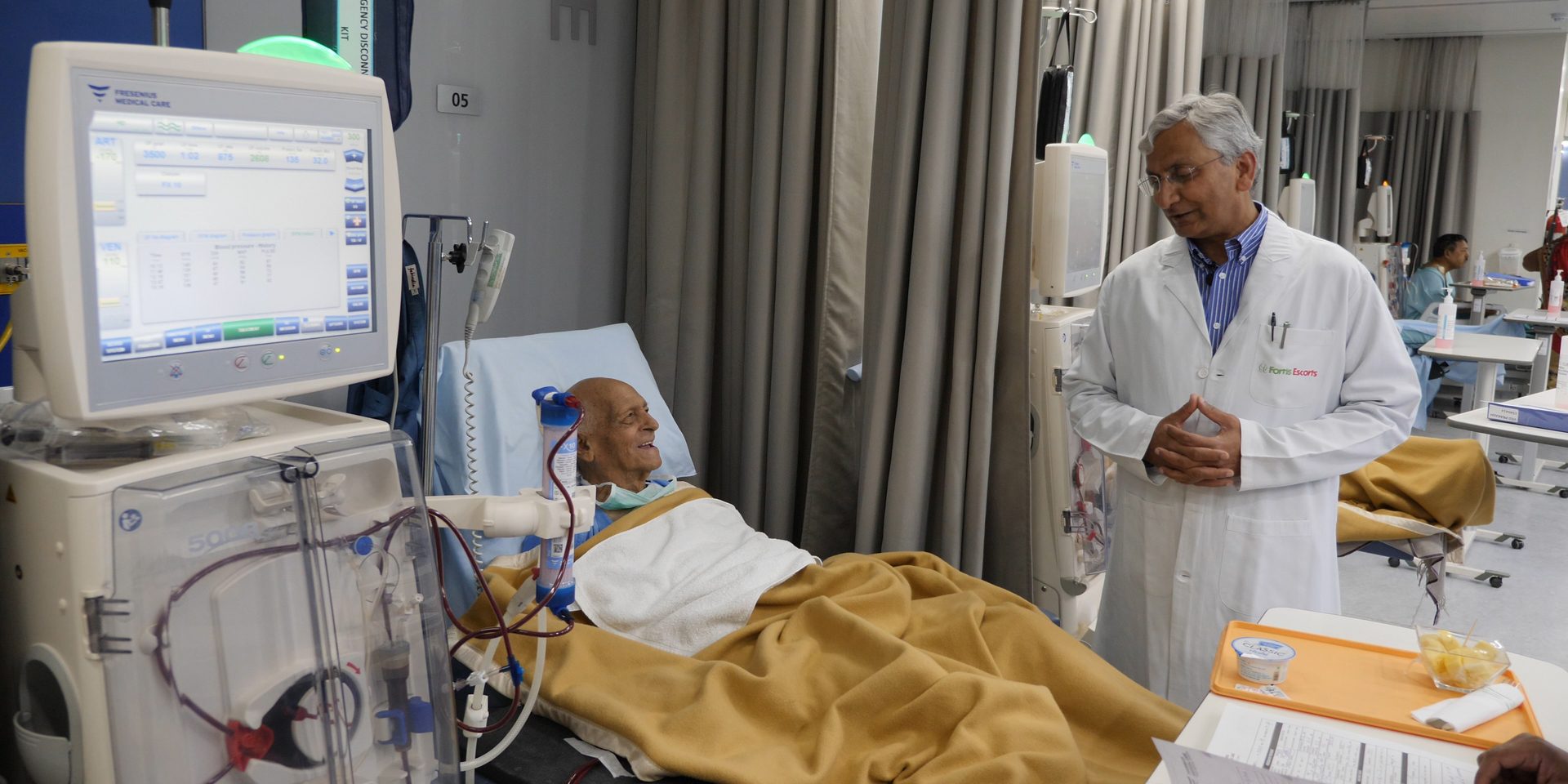About this study
Heart failure (HF) is a condition where your heart doesn’t pump enough blood for your body’s needs. It is estimated there is approximately 110,000 people diagnosed with HF in Australia affecting approximately 1-2 % of our population. Over half of these people have heart failure with preserved ejection fraction, HFpEF, which has very few treatments proven to help you feel better or stay out of hospital. Polypills containing low dose diuretics have not been extensively studied in patients with HFpEF and this study aims to help improve the treatment for this patient population.
The purpose of this research study is to investigate whether treatment with the polypill (a single pill containing three medications used to treat heart failure, each at low-dose) improves fluid balance, leads to less congestion and fewer side effects when compared with just one of the active medications from the polypill.
Recruitment criteria
Inclusion
- Adults (≥18 years old) with a diagnosis of heart failure with preserved ejection fraction (EF) which has been present for at least 2 months
Key Exclusions
- Known contraindication to the study medications.
- Current acute decompensated HF or hospitalisation due to decompensated HF <4 weeks prior to enrolment.
- Myocardial infarction, unstable angina, stroke, or transient ischaemic attack (TIA) within 12 weeks prior to enrolment.
- Symptomatic bradycardia or second or third-degree heart block without a pacemaker.
- Women who are pregnant, breast feeding or of childbearing potential and are not using and do not plan to continue using medically acceptable form of contraception throughout the study
What’s involved?
- The HFpEF trial plans to recruit 30 eligible patients across two centres in Sydney, Australia. One will be at the Charles Perkins Centre, Camperdown, and the other at St. Vincent’s Hospital, Darlinghurst.
- If you are eligible for this study, you will be randomly allocated to either take an active polypill (a single pill containing three medications used to treat heart failure, each at low-dose) or the comparator medicine (just one of the active medications from the polypill) daily, for a total of one month.
- You will attend a cardiology clinic on a total of 4 occasions across 4 weeks. Blood tests will be performed at each visit, and you will be asked about your adherence to your medication, you will undergo some assessments including the measurement of your BP, HR, and you may have your exercise capacity measured.



